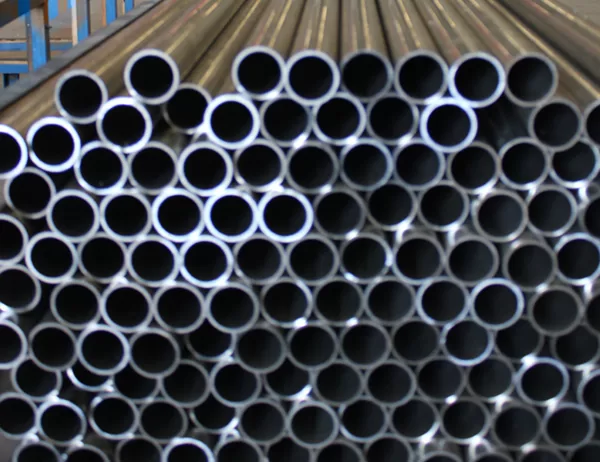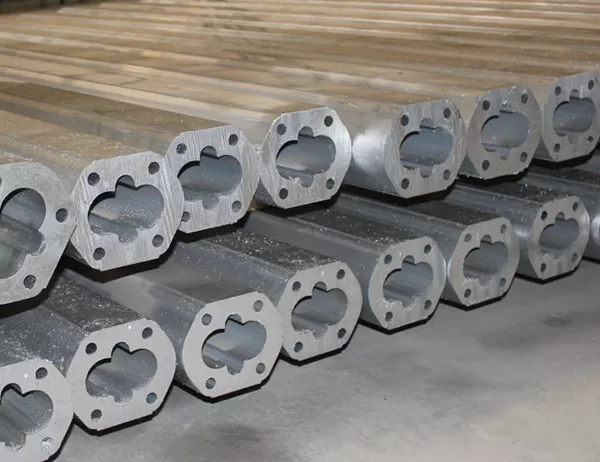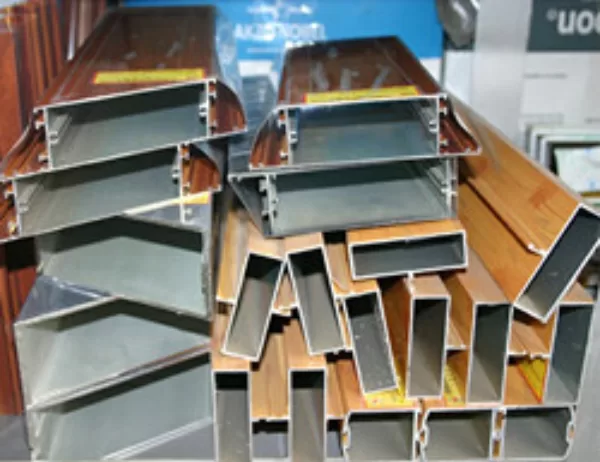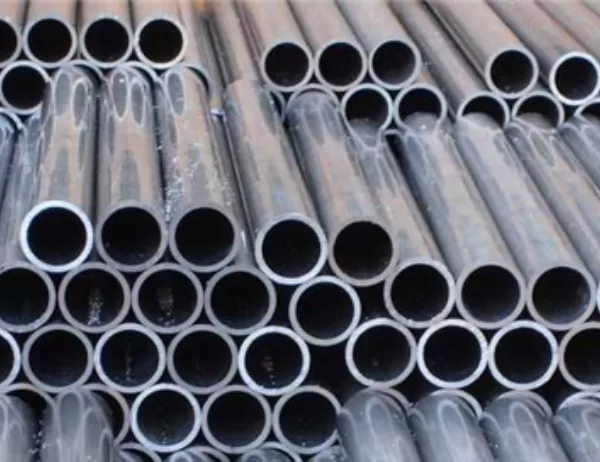When it comes to choosing the right heat sink material, there are two main options: aluminum and copper. Both materials have their own advantages and disadvantages, so it’s important to understand the differences between them before making a decision.
Thermal Conductivity
Thermal conductivity is the ability of a material to transfer heat. The higher the thermal conductivity, the better the material will be at dissipating heat. Copper has a thermal conductivity of 401 W/m-K, while aluminum has a thermal conductivity of 237 W/m-K. This means that copper is a better conductor of heat than aluminum.
Weight
Weight is an important consideration when choosing a heat sink material, especially for applications where weight is a critical factor. Aluminum is a lightweight material, with a density of 2.7 g/cm³. Copper is a heavier material, with a density of 8.96 g/cm³. This means that aluminum heat sinks are lighter than copper heat sinks.
Cost
Cost is another important consideration when choosing a heat sink material. Aluminum is a less expensive material than copper. This means that aluminum heat sinks are typically less expensive than copper heat sinks.
Corrosion Resistance
Corrosion resistance is an important consideration for applications where the heat sink will be exposed to moisture or other corrosive elements. Aluminum is a corrosion-resistant material, while copper is not. This means that aluminum heat sinks are more resistant to corrosion than copper heat sinks.
Strength
Strength is an important consideration for applications where the heat sink will be subjected to mechanical stress. Aluminum is a strong material, but copper is stronger. This means that copper heat sinks are more durable than aluminum heat sinks.
Conclusion
So, which heat sink material is better? It depends on the specific application. If thermal conductivity is the most important factor, then copper is the better choice. If weight is the most important factor, then aluminum is the better choice. If cost is the most important factor, then aluminum is the better choice. If corrosion resistance is the most important factor, then aluminum is the better choice. If strength is the most important factor, then copper is the better choice.




